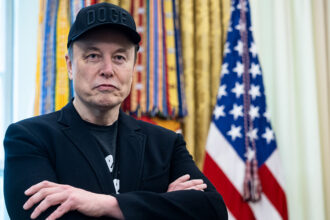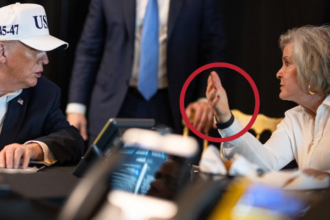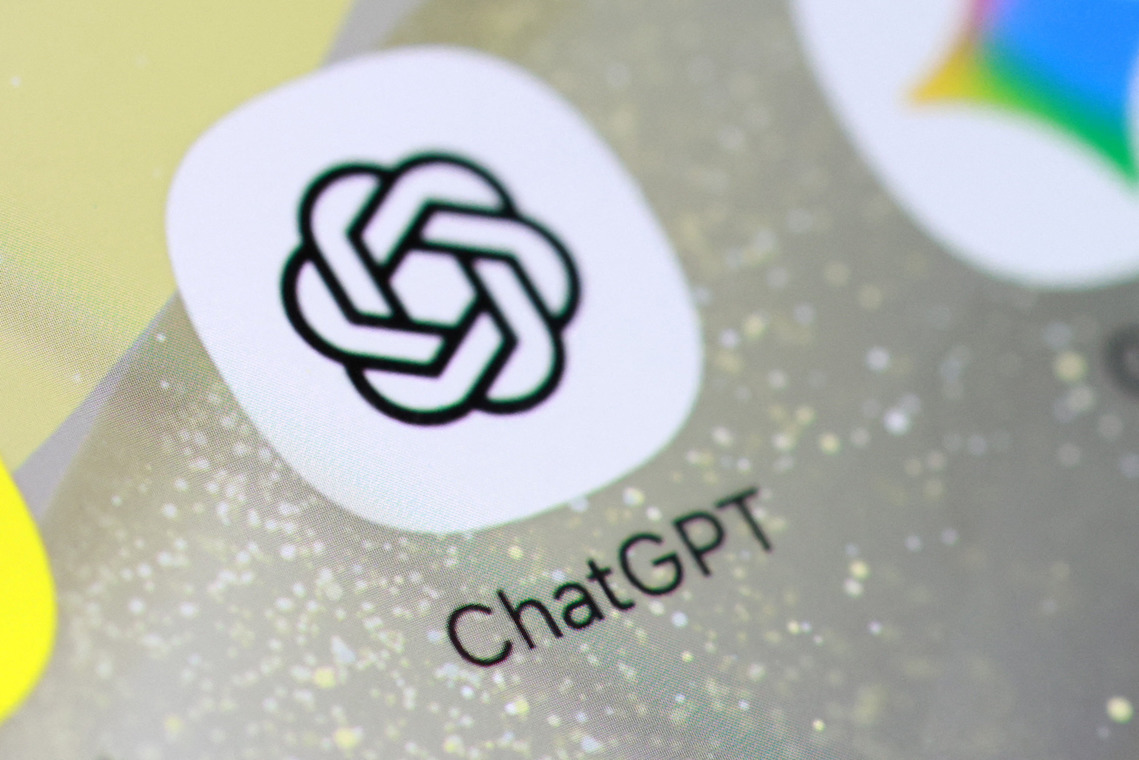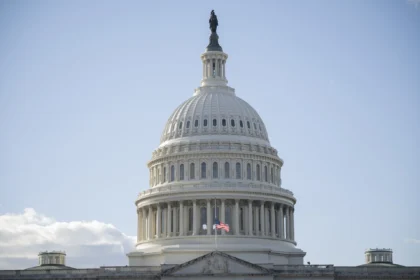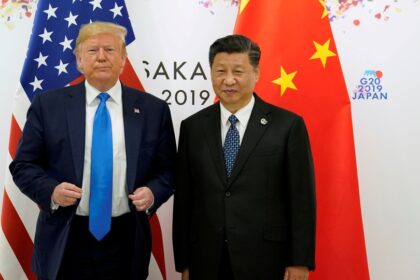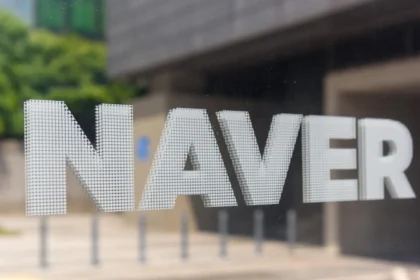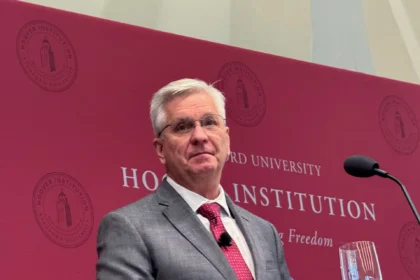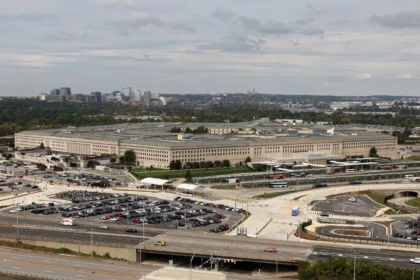The deal between Microsoft and OpenAI marks not just a corporate restructuring but a blueprint for how artificial intelligence will be governed, financed, and scaled in the years ahead. At YourDailyAnalysis, we see this as the moment AI moves from an experimental phase into the realm of global infrastructure – on par with energy systems, finance, and cloud computing.
Under the agreement, OpenAI will become a Public Benefit Corporation valued at roughly $500 billion, lifting restrictions imposed by the 2019 partnership that gave Microsoft priority access to OpenAI’s technology in exchange for essential cloud resources. That deal was a lifeline at the time, but with over 700 million weekly ChatGPT users, the dependency became a bottleneck. As we note at YourDailyAnalysis, OpenAI is no longer a start-up – it’s an infrastructure-scale institution.
The new structure blends private capital with a public mission: control remains with the nonprofit OpenAI Foundation, which governs the company’s strategy and safety policies. This hybrid – where a multibillion-dollar business answers to a nonprofit – is an attempt to balance capital and trust. We see it as a pragmatic solution to an existential question: how to build trillion-dollar AI companies without losing legitimacy.
Microsoft retains a powerful position. It now holds a 27% stake in OpenAI Group worth about $135 billion, representing nearly a tenfold return on its $13.8 billion investment. The company’s market capitalization has again surpassed $4 trillion, and the partnership extends at least until 2032, including a $250 billion Azure cloud contract. As we observe, OpenAI has gained autonomy but remains deeply embedded in Microsoft’s infrastructure – a symbiosis rather than a separation.
Microsoft’s decision to give up its exclusive right to supply compute power appears generous but is strategically sound. OpenAI can now work with other providers, while Microsoft secures consistent revenue and solidifies Azure’s dominance as the industrial standard for AI infrastructure.
Intellectual property ties remain firm. Microsoft keeps long-term rights to OpenAI’s models, even if the company reaches Artificial General Intelligence (AGI) – systems matching human cognitive ability. The new deal introduces an independent commission to validate any AGI claims, which we at YourDailyAnalysis see as a turning point: for the first time, “intelligence” itself becomes subject to external audit.
Notably, Sam Altman will hold no equity stake, contrary to earlier discussions. We interpret this as a strategic move to reduce regulatory scrutiny and avoid the perception of OpenAI as a “one-man company.” It strengthens the company’s image as a public-minded technology institution rather than a personality-driven empire.
OpenAI also has no plans for an IPO, a choice we view as prioritizing stability over liquidity. With a $500 billion valuation, strong Microsoft backing, and a transparent governance model, the company can focus on safety and technological progress without the short-term pressure of public markets.
This restructuring reconciles OpenAI’s long-standing tension between idealism and capitalism. Founded as a lab for “safe AI,” it has evolved into a commercial leader in generative technology. Retaining nonprofit oversight helps preserve its ethical credibility while opening the door to investment on a Big Tech scale.
As we highlight at YourDailyAnalysis, the deal also clarifies ownership rights for data, models, and architectures – long a legal gray zone. The new structure brings transparency, reducing investor risk and potential litigation. This isn’t philosophy anymore; it’s the legal foundation of the modern AI economy.
Market-wide, the deal sets a new standard for innovation funding. Institutional investors now have a clearer, safer model for participation, while competitors like Google, Amazon, and Anthropic must adapt to a landscape where profitability and regulation no longer conflict.
Politically, the agreement acts as preemptive self-regulation. OpenAI presents a governance model regulators can point to – embedding transparency and accountability before mandates arrive. We view this as a deliberate strategic move: shaping the rules instead of waiting for them.
Risks remain. Dividing power between the foundation and the for-profit arm could create internal friction, and Microsoft’s 27% stake ensures influence that might clash with OpenAI’s public mission. The independent AGI commission, while enhancing trust, may slow innovation in a field driven by speed.
Yet, the benefits outweigh the risks. OpenAI gains financial flexibility, political protection, and a state-scale partner. Microsoft locks in its dominance across the AI landscape. We at Your Daily Analysis believe this deal cements the new phase of the AI economy – an era of alliances, not start-ups.
In essence, this is the birth of a new corporate species: part research lab, part tech giant, part governance institute. OpenAI is no longer just a company – it’s a prototype for how humanity will own, regulate, and commercialize intelligence itself.




